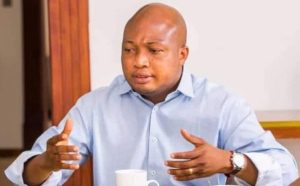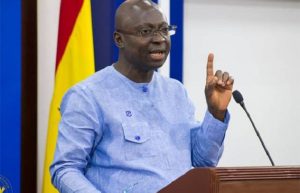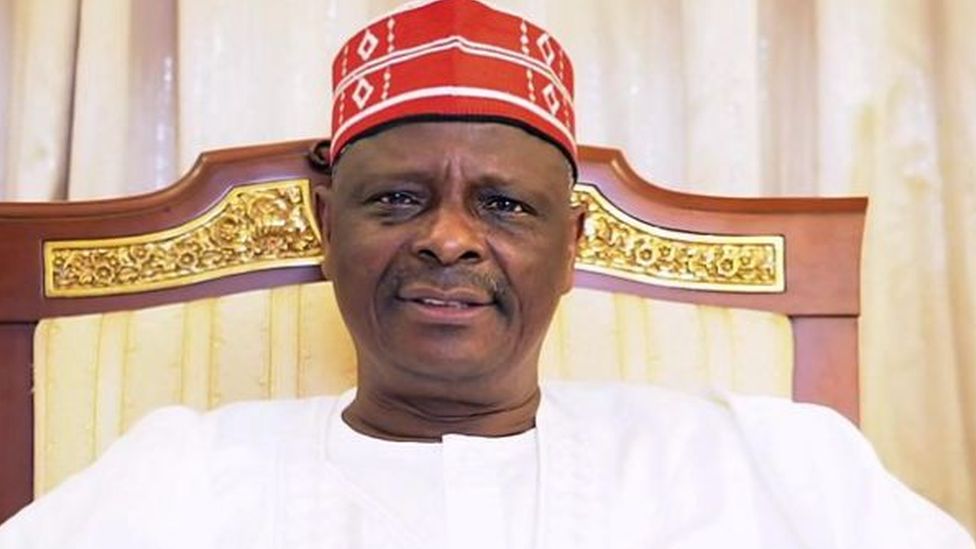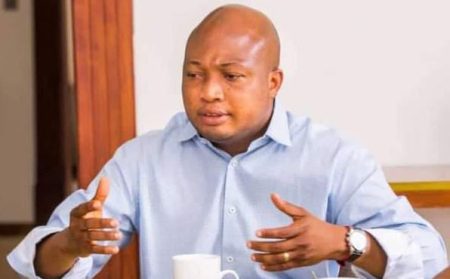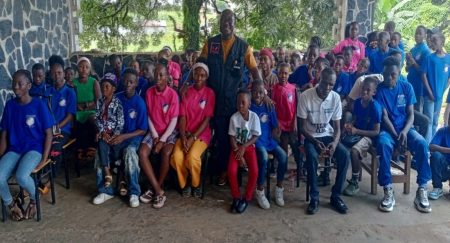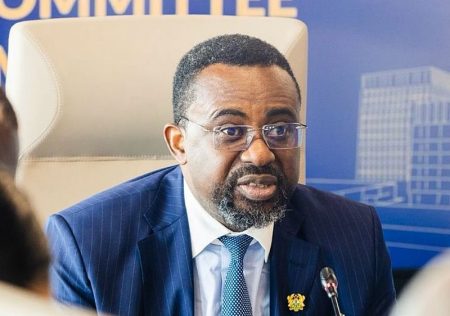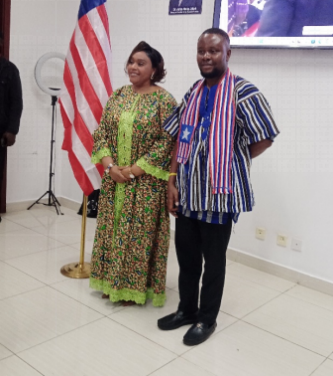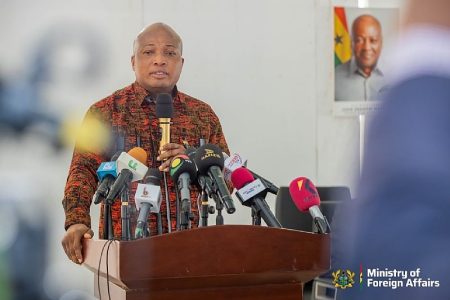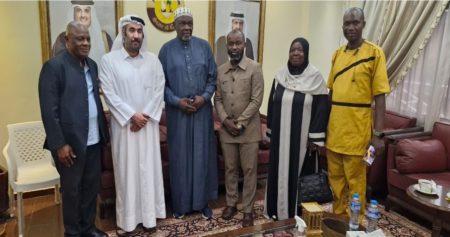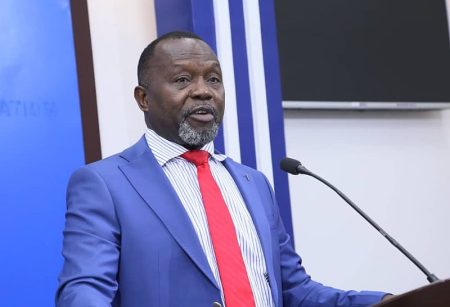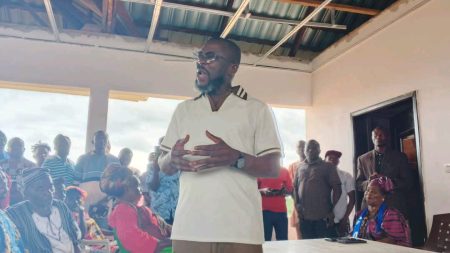Paragraph 1: The Genesis of Speculation
The Nigerian political landscape is abuzz with speculation surrounding the potential return of Rabiu Kwankwaso, the New Nigeria Peoples Party (NNPP)’s 2023 presidential candidate, to the ruling All Progressives Congress (APC). This conjecture stems from a recent meeting between Abdulmumin Kofa, a prominent figure in the Kwankwasiyya movement (a political group loyal to Kwankwaso), and President Bola Tinubu at the Presidential Villa. Jibril Doguwa, a factional chairman of the NNPP in Kano State, has interpreted this meeting as a possible indication of Kwankwaso’s intention to rejoin the APC. Doguwa’s assertion is based on the premise that no Kwankwasiyya member would engage with Tinubu without Kwankwaso’s explicit consent or knowledge. This seemingly innocuous meeting has ignited a firestorm of speculation, raising questions about the future of the NNPP and Kwankwaso’s political ambitions.
Paragraph 2: Interpreting Political Maneuvers
Doguwa’s interpretation of Kwankwaso’s potential realignment hinges on the fluid nature of Nigerian politics. He downplays Kwankwaso’s recent criticisms of President Tinubu, arguing that such critiques do not preclude future collaboration. Doguwa posits that political alliances in Nigeria are often driven by pragmatic interests rather than ideological consistency. In his view, Kwankwaso’s criticisms might be a strategic maneuver designed to hold the President accountable rather than a genuine expression of irreconcilable differences. This perspective highlights the transactional nature of Nigerian politics, where alliances shift and reform based on the prevailing political winds.
Paragraph 3: The NNPP’s Resilience and Kwankwasiyya’s Position
Despite the swirling rumors, Doguwa affirms that the NNPP still recognizes Kwankwasiyya loyalists as members. However, he confidently asserts that the party’s survival is not contingent on Kwankwaso’s presence. He emphasizes that party-switching is a common phenomenon in Nigerian politics, implying that Kwankwaso’s potential departure, while significant, would not be fatal to the NNPP. This stance conveys a message of resilience and adaptability, suggesting that the NNPP is prepared to navigate the challenges posed by potential defections and realignments. It also subtly underscores the inherent instability of political loyalties in the Nigerian context.
Paragraph 4: Conflicting Perspectives and the 2027 Horizon
While Doguwa hints at a possible Kwankwaso-Tinubu alliance, Femi Aina, an NNPP chieftain in Ogun State, offers a contrasting perspective. Aina vehemently dismisses Doguwa’s claims, insisting that Kwankwaso remains steadfastly committed to his presidential aspirations for the 2027 elections. He portrays Kwankwaso as a forward-looking leader with his sights set on the presidency, emphasizing the NNPP’s unwavering support for his ambition. This divergence of opinions highlights the internal divisions within the NNPP and the uncertainty surrounding Kwankwaso’s future political trajectory. It also underscores the importance of the 2027 elections as a focal point for political strategizing and maneuvering.
Paragraph 5: Strategic Positioning and the Atiku Factor
Aina further dismisses the perceived threat posed by former Vice President Atiku Abubakar to Kwankwaso’s 2027 presidential bid. He argues that the NNPP’s forthcoming manifesto will offer a distinctive blueprint for governance, setting it apart from other political contenders. Aina criticizes existing coalitions for lacking novelty and failing to present compelling alternatives to the ruling APC. He expresses confidence that the NNPP’s manifesto, combined with Kwankwaso’s track record as governor of Kano State, will resonate with Nigerian voters and pave the way for an electoral victory in 2027. This strategic positioning casts the NNPP as a party of innovative ideas and effective leadership, contrasting it with what Aina perceives as the stale offerings of other political players.
Paragraph 6: The Kano Factor and the Promise of Change
Aina underscores the significance of the NNPP’s strong showing in Kano during the previous election, attributing it to Kwankwaso’s popularity and achievements as governor. He contends that this strong base of support in Kano will serve as a springboard for future electoral success, enabling the NNPP to challenge and ultimately displace the APC. Aina’s narrative emphasizes the power of tangible results and local support in shaping national political outcomes. He frames the NNPP as a party capable of delivering on its promises, contrasting it with the perceived failures of the incumbent APC. This rhetoric of change and effective governance seeks to position the NNPP as a viable alternative to the current political establishment.


